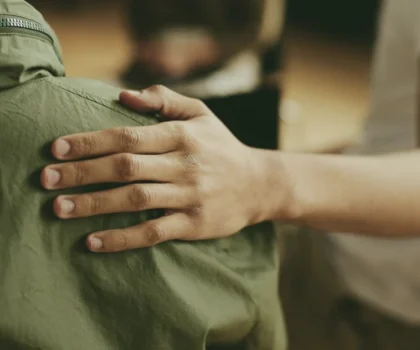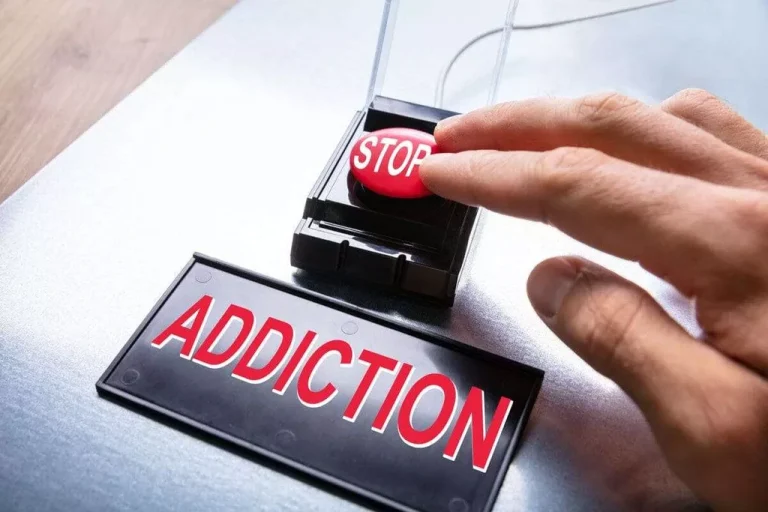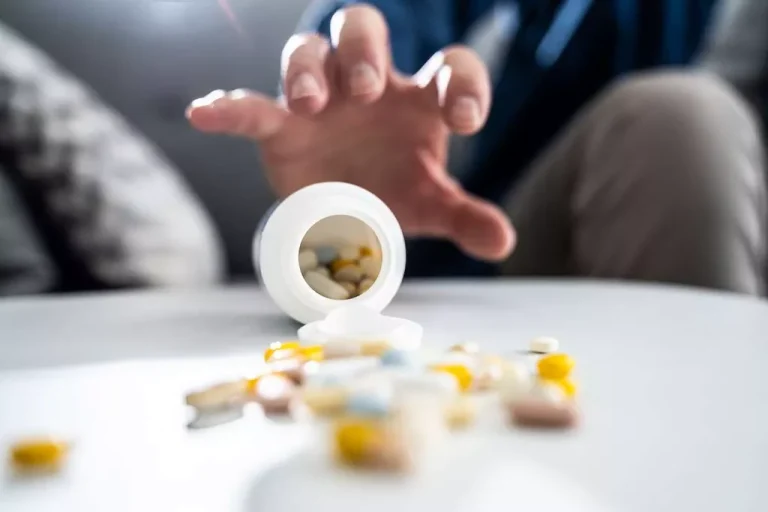
A doctor may also prescribe medications to help you manage withdrawal symptoms and support you in your effort to stop drinking. Benzodiazepines can help alleviate withdrawal symptoms, while naltrexone may help you manage alcohol cravings. https://ecosoberhouse.com/ was originally defined as a chronic medical condition characterized by experiencing symptoms of withdrawal when the person stops consuming alcohol. To avoid experiencing withdrawal symptoms, the person has to keep consuming alcohol. Often, people drink to try and reduce symptoms (sometimes known as ‘self-medicating’), but in the long-term alcohol makes these disorders worse because it interferes with the chemical balance in our brains. Behavioral treatment programs are helpful for people who want to quit drinking.
Social Support and Treatment Programs

One of the key reasons, according to the data, is that people continue to participate for years after they have completed the 12-step program. AA is not for everyone and there are plenty of different treatment options, but it can be successful and meaningful for those who choose it. If you’re worried that someone you know has an alcohol addiction, it’s best to approach them in a supportive way. 6A third FDA-approved medication to treat alcohol dependence (disulfiram; Antabuse®) targets alcohol metabolism. Taken together, a substantial body of evidence suggests that changes in CRF function within the brain and neuroendocrine systems may influence motivation to resume alcohol self-administration either directly and/or by mediating withdrawal-related anxiety and stress/dysphoria responses.
Can People With Alcohol Use Disorder Recover?

Unlike cocaine or heroin, alcohol is widely available and accepted in many cultures. It’s often at the center of social situations and closely linked to celebrations and enjoyment. Explore Mayo Clinic studies testing new treatments, interventions and tests as a means to prevent, detect, treat or manage this condition.

4.2. Psychological factors
Working to stop alcohol use to improve quality of life is the main treatment goal. While the two are no longer differentiated in the DSM, understanding their original definitions can still be helpful. This article discusses alcohol dependence, alcohol abuse, and the key differences between them. A doctor may diagnose alcohol dependence if you show two or more of the above symptoms based on the ongoing pattern of how you use alcohol.
- Marriages where one or both partners have an alcohol problem are twice as likely to end in divorce as those in which alcohol is not a problem.
- This quickly leads to changes in coordination that increase the risk of accidents and injuries, particularly when driving a vehicle or operating machinery, and when combined with other sedative drugs (for example, benzodiazepines).
- Therapy is useful to help teach someone how to manage the stress of recovery and the skills needed to prevent a relapse.
- The term ‘hazardous use’ appeared in the draft version of ICD–10 to indicate a pattern of substance use that increases the risk of harmful consequences for the user.
- AA is self-financing and the seventh tradition is that AA groups should decline outside contributions.
- This process temporarily restores homeostasis, or chemical balance, in an effort to counteract the impact of long-term alcohol use on the brain.
Care Agreement
As previously noted, increased anxiety represents a significant component of the alcohol withdrawal syndrome. Importantly, this negative-affect state may contribute to increased risk for relapse as well as perpetuate continued use and abuse of alcohol symptoms of alcohol dependence (Becker 1999; Driessen et al. 2001; Koob 2003; Roelofs 1985). Indeed, both preclinical and clinical studies suggest a link between anxiety and propensity to self-administer alcohol (Henniger et al. 2002; Spanagel et al. 1995; Willinger et al. 2002).
- Contact emergency services immediately if you experience symptoms such as fever, involuntary muscle contractions, seizures, delusions, hallucinations, or rapid mood swings as you withdraw from alcohol.
- Treatment of alcohol withdrawal is, however, only the beginning of rehabilitation and, for many, a necessary precursor to a longer-term treatment process.
- Alcohol-free cocktails and beer, along with cannabis-infused beverages, are gaining users.
- If you find that you ‘need’ to share a bottle of wine with your partner most nights of the week, or always go for a few pints after work just to unwind, you’re likely to be drinking at a level that could affect your long-term health.

Most publications on the effects of drugs on the teenage brain are written by scientists for scientists. Some have criticized Alcoholics Anonymous and other 12-step programs because they are rooted in religious ideology rather than scientific principles. Some also disagree with the notion of admitting powerlessness to God or a higher power and completely ceding control, and the belief that addiction is a disease, a point vigorously debated in the clinical and scientific communities. In a clinical setting, motivational interviewing, which cultivates the drive to change behaviors, and Screening, Brief Intervention, Referral, and Treatment (SBIRT), which funnels patients to treatment, are also helpful options. As anyone who has had even a glass of wine can attest, alcohol can have a noticeable influence on mood.
9. CURRENT CARE IN THE NATIONAL HEALTH SERVICE
How do I know if I have an alcohol use disorder (AUD)?
12.4. Homeless people

